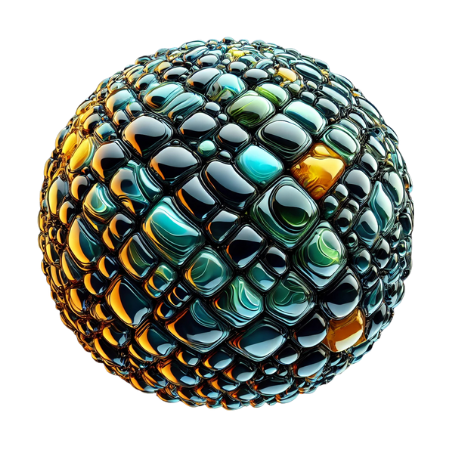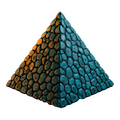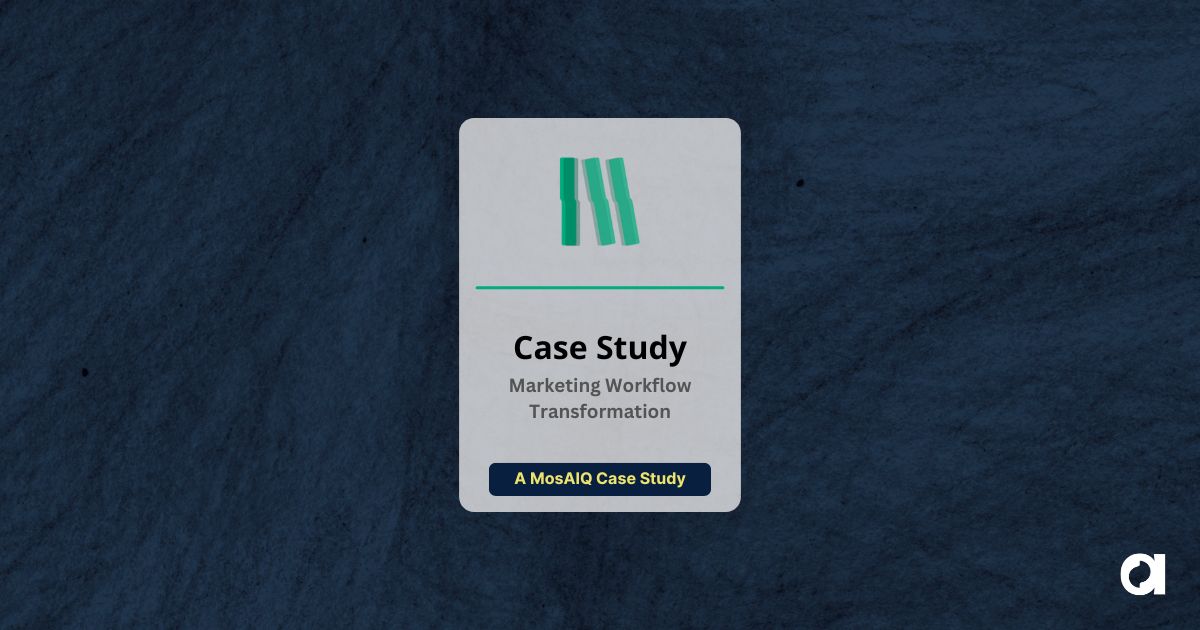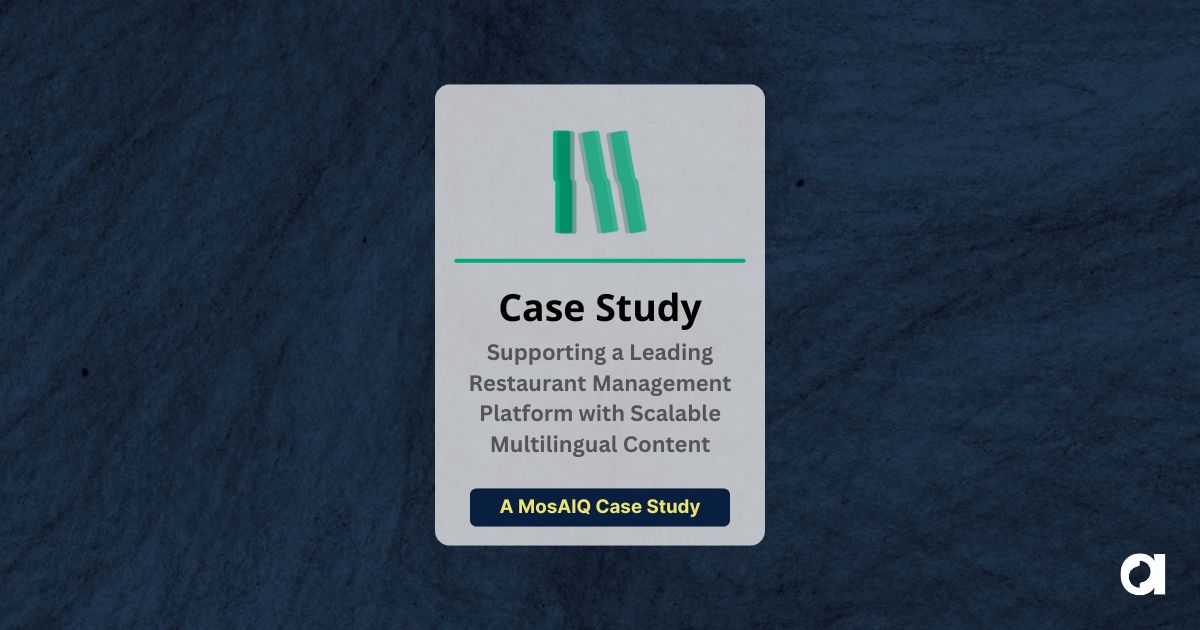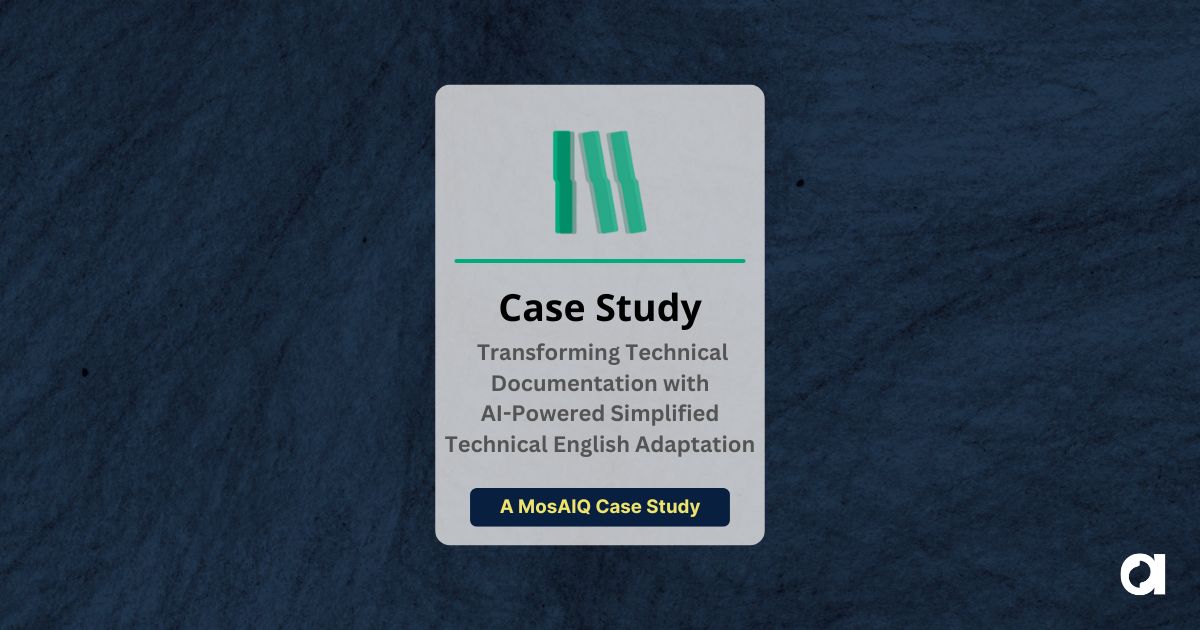There are nearly as many requirements for medical device translations as there are countries in the world. We’ve invited Karla Haynes of Global Simple, LLC to shed some light on what you can expect when it’s time to go global.
When considering your language requirements for medical device translations, you’ll need to consider two different categories of translations – submission documents and labeling documents. Submission documents are provided to the regulatory agency governing the sale and licensing of medical devices, while labeling documents are applied directly to the product or govern the use of the product in the field. In many cases, the language requirements for submission documents and labeling documents are the same, but some countries will accept submission documentation in other languages. These exceptions for the major markets are covered below (some smaller markets with low ROI have been omitted from this analysis.) [1] There are also 64 countries without a regulatory agency governing the registration of medical devices. [2] These are not covered in this article.
The Americas and the Caribbean
The Americas can be covered with four languages – English, French (Canadian), Portuguese (Brazilian) and Spanish. For these countries, both the submission documents and the labeling documents must be in the languages indicated below:
English – United States, Canada (submission for Canada may be in English, but labeling documents must also be provided in French), Jamaica, and Trinidad
French – Canada (submission for Canada may be in French, but labeling documents must also be provided in English)
Portuguese (Brazilian) – Brazil
Spanish – Argentina, Bolivia, Chile, Colombia, Costa Rica, Cuba, Ecuador, El Salvador, Guatemala, Guyana, Honduras, Mexico, Nicaragua, Panama, Paraguay, Peru, Uruguay, Venezuela
Europe (EU members)
Countries that are part of the EU are required to provide submissions in just one of the member state languages listed below (as agreed with their notified body) in order to take advantage of trade agreements. However, labeling documents must be submitted for at least one of the member state languages per country listed below to be allowed on the market in the EU. Many of these languages can also be used for smaller countries throughout Africa and Oceania.
Croatian – Croatia
Czech – Czech Republic
Danish – Denmark
Dutch – Belgium, Netherlands
English – Ireland, Malta
Estonian – Estonia
Finnish – Finland
French – Belgium, France, Luxembourg
German – Austria, Belgium, Germany, Luxembourg
Greek – Greece, Cyprus
Hungarian – Hungary
Italian – Italy
Latvian – Latvia
Lithuanian – Lithuania
Luxembourgish – Luxembourg (Luxembourg also accepts German and French)
Maltese – Malta (Malta also accepts English)
Polish – Poland
Portuguese (European) – Portugal
Romanian – Romania
Slovak – Slovakia
Slovenian – Slovenia
Spain – Spanish
Swedish – Finland, Sweden
Turkish – Cyprus
Europe (non-EU members)
Countries that are not part of the EU are regulated separately. However, many companies find that there may be some advantage to adding these languages to the labeling for the EU in order to take advantage of trade agreements or EU MDR equivalency.
English – Serbia (submission only), United Kingdom
Russian – Belarus, Russia
Icelandic – Iceland
German – Liechtenstein
French – Monaco, Switzerland
Norwegian – Norway
Turkish – Turkey
Ukrainian – Ukraine
Asia, South Asia, and Oceania
Asia, South Asia, and Oceania in many cases require a local presence in order to work with the local bodies to meet the unique language needs. For example, many medical device companies have a presence in both Japan and China to not only manage translated content, but to create unique content just for those regions.
English – Australia, India, Malaysia, New Zealand, Singapore, Taiwan (submission documents)
Chinese (Simplified) – China
Chinese (Traditional) – Taiwan (labeling documents)
Japanese – Japan
Korean – South Korea, North Korea
Middle East/Africa
The Middle East and Africa are largely covered with English content for submissions and labeling. Some devices indicated for home use require the addition of Hebrew and Arabic language for labeling only. The main exceptions are those countries that require French documentation.
English – Egypt, Ghana, Israel, Kenya, Namibia, Nigeria, Saudi Arabia, Sierra Leone, South Africa, Tanzania, Uganda, United Arab Emirates, Zambia
Hebrew – Israel (labeling for home-use medical devices)
Arabic – Saudi Arabia (labeling for home-use medical devices), Israel (labeling for home-use medical devices), Egypt (labeling for home-use medical devices
French – Senegal
This content was compiled in April 2020. As global regulations and requirements are constantly changing worldwide, Argos Multilingual and Global Simple suggest that you do your own validation of the requirements outlined above to ensure that they have not changed.
[1] Countries with regulatory bodies that are not treated in this article: Afghanistan, Albania, Algeria, Azerbaijan, Bahrain, Bangladesh, Bosnia/Herzegovina, Burkina Faso, Cabo Verde, Cameroon, Ethiopia, Fiji, Gabon, Georgia, Iran, Iraq, Jordan, Kazakhstan, Kuwait, Kyrgyzstan, Laos, Lebanon, Libya, Madagascar, Maldives, Moldova, Mongolia, Montenegro, Morocco, Myanmar (formerly Burma), Oman, Pakistan, Papua New Guinea, Philippines, Qatar, Samoa, Sri Lanka, Sudan, Thailand, Togo, Tunisia, Tuvalu, Uzbekistan, Vietnam, Yemen and Zimbabwe.
[2] Countries without body regulating medical device registration: Andorra, Angola, Antigua and Barbuda, Armenia, Bahamas, Barbados, Belize, Benin, Bhutan, Botswana, Brunei, Burundi, Cambodia, Central African Republic, Chad, Comoros, Congo (Congo-Brazzaville), Côte d’Ivoire, Democratic Republic of the Congo, Djibouti, Dominica, Dominican Republic, Equatorial Guinea, Eritrea, Eswatini, Gambia, Grenada, Guinea, Guinea-Bissau, Haiti, Kiribati, Lesotho, Liberia, Malawi, Mali, Marshall Islands, Mauritania, Mauritius, Micronesia, Mozambique, Nauru, Nepal, Niger, North Macedonia, Palau, Palestine State, Rwanda, Saint Kitts and Nevis, Saint Lucia, Saint Vincent and the Grenadines, San Marino, Sao Tome and Principe, Seychelles, Solomon Islands, Somalia, South Sudan, Suriname, Syria, Tajikistan, Timor-Leste, Tonga, Turkmenistan and Vanuatu.
 Argos Multilingual
2 min. read
Argos Multilingual
2 min. read
Everyone knows the obvious answers, but there are probably a few situations you may not have considered that are worth looking at in detail. For the purposes of this blog post, we’ll define certified translations as documents that have been signed off on by a translator as a guarantee that the contents are reliable and […]

 Argos Multilingual
3 min. read
Argos Multilingual
3 min. read
Poorly translated marketing content leaves a terrible brand impression. How can translators get it right in the language of the EU’s economic powerhouse? With the biggest economy in the European Union (and the fourth-largest in the world) Germany is home to some of the world’s best-known corporations and on the front line of new technologies. […]



